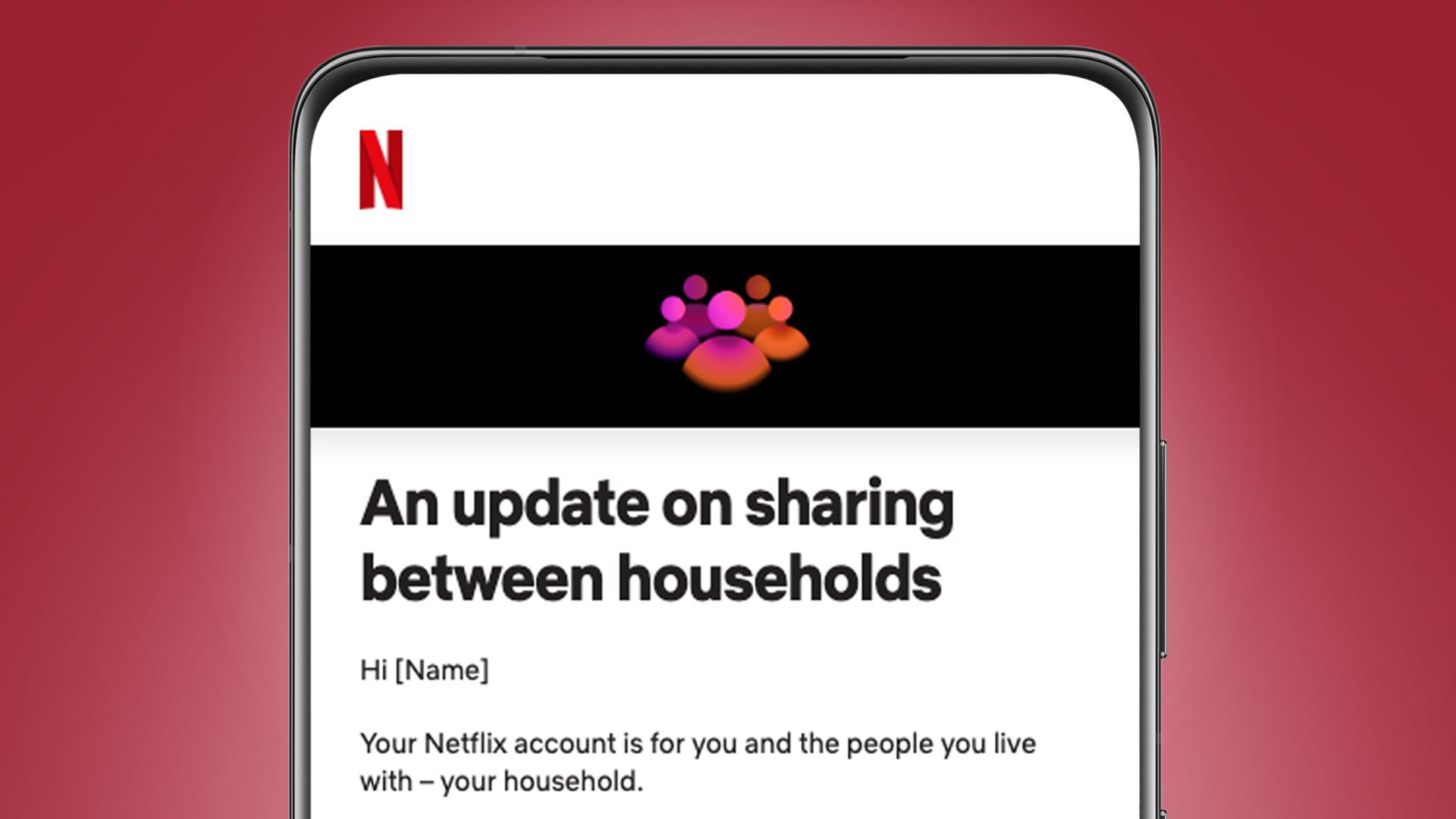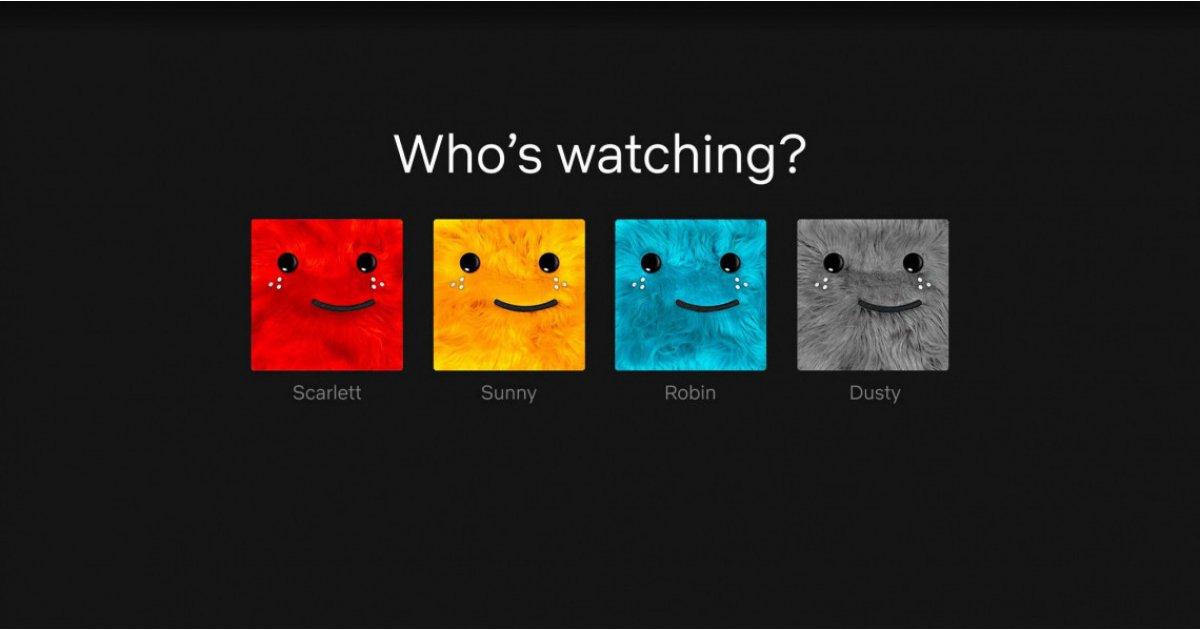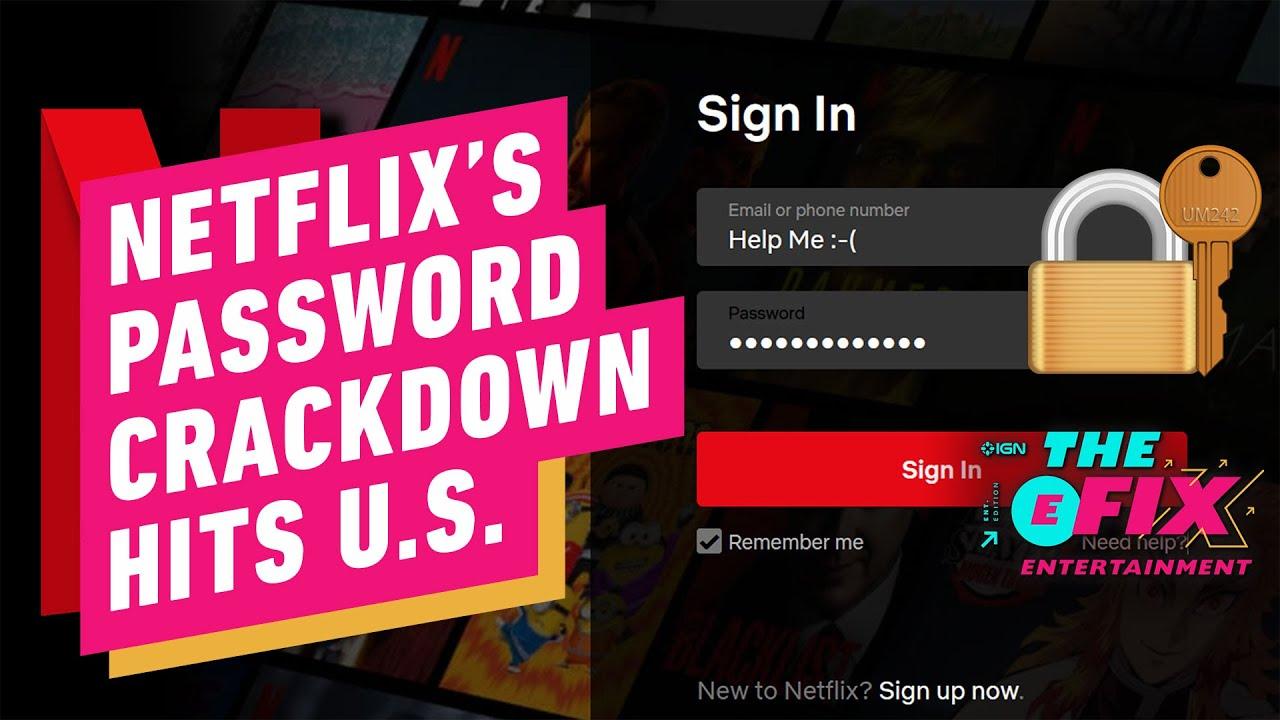In recent years, Netflix‘s stance on password sharing has shifted dramatically, sparking a heated debate among consumers and industry analysts alike. Once a lenient policy that allowed users to share accounts across households, Netflix has now introduced measures to curb this widespread practice. This crackdown raises important questions: Is this move beneficial or detrimental to consumers? As the streaming giant navigates evolving market dynamics and competitive pressures, understanding the implications of this policy change is crucial. This article delves into the potential impacts on user experience, subscription models, and the broader streaming landscape, providing a balanced analysis of whether Netflix’s new approach serves or hinders its vast audience.
Impact on Consumer Access and Affordability
The enforcement of Netflix’s new password-sharing policy has raised significant questions about consumer access and affordability. On one hand, restricting account sharing could potentially limit access for those who rely on shared accounts to enjoy Netflix’s vast library. This change may force users to either subscribe individually or abandon the platform altogether, affecting their entertainment options. For many, this could mean a noticeable increase in monthly expenses, particularly in households where multiple streaming services are already in use.
Conversely, Netflix argues that cracking down on password sharing will enable them to invest more in content creation and platform improvements. Theoretically, this could lead to enhanced service quality and a more diverse range of shows and movies. Potential benefits include:
- Improved streaming quality and user experience.
- Increased investment in original content.
- Greater incentive for competitive pricing models.
Ultimately, the impact on consumers will depend on how Netflix balances these changes with its commitment to providing value for its subscribers.

Effects on Content Quality and Investment
Netflix’s crackdown on password sharing could potentially lead to both positive and negative outcomes regarding content quality and investment. On the one hand, increased revenue from new subscribers might bolster Netflix’s budget for original content, enabling the platform to produce higher-quality shows and movies. This could result in a richer variety of offerings and innovative storytelling, appealing to a broader audience.
On the other hand, the move might alienate some users who relied on shared accounts, potentially reducing overall viewership and engagement. This could lead to a more cautious investment strategy, where Netflix focuses on proven genres and popular formats to retain its subscriber base. As a result, there might be a shift in content strategy, with possible effects including:
- Increased focus on blockbuster productions to justify subscription costs.
- Potential reduction in niche or experimental projects.
- Greater emphasis on international content to attract diverse audiences.
Implications for User Privacy and Data Security
- Data Collection Concerns: As Netflix implements stricter measures to curb password sharing, it may require more personal information to verify account holders. This can lead to increased data collection, raising questions about how this data is stored and used. Users might be concerned about the potential for data breaches or misuse, especially if additional personal identifiers are required.
- Enhanced Security Measures: On the flip side, the crackdown could lead to improved security protocols. By ensuring that accounts are accessed only by authorized users, Netflix might bolster its security infrastructure, potentially reducing the risk of unauthorized access and enhancing overall data protection for subscribers.
- Privacy Trade-offs: While enhanced security is a positive, users may feel their privacy is compromised if more invasive measures are introduced. Balancing security with privacy is crucial, as overly stringent checks might deter legitimate users while failing to significantly impact those determined to bypass restrictions.

Balancing Company Goals with Consumer Needs
Navigating the delicate balance between corporate objectives and consumer expectations is a complex challenge. Netflix’s recent move to curb password sharing exemplifies this struggle. On one hand, the company aims to boost subscriber numbers and revenue, ensuring it can continue investing in original content. This decision aligns with the business goal of maintaining a sustainable model in an increasingly competitive streaming landscape. However, it raises questions about consumer value and satisfaction, as many users have grown accustomed to sharing accounts with family and friends.
From the consumer perspective, the crackdown could be seen as a restriction on convenience and an additional financial burden. Yet, there are potential benefits to consider. With increased revenue, Netflix might enhance its service quality, offering better content and features. To understand the full impact, it’s essential to weigh the following:
- Access to Exclusive Content: Will the policy result in more diverse and high-quality shows and movies?
- Pricing Adjustments: Could this lead to more flexible subscription plans catering to different user needs?
- User Experience: How will Netflix ensure a seamless transition for existing users who are affected?
Balancing these elements requires careful consideration of both the company’s long-term vision and the immediate implications for its user base.



